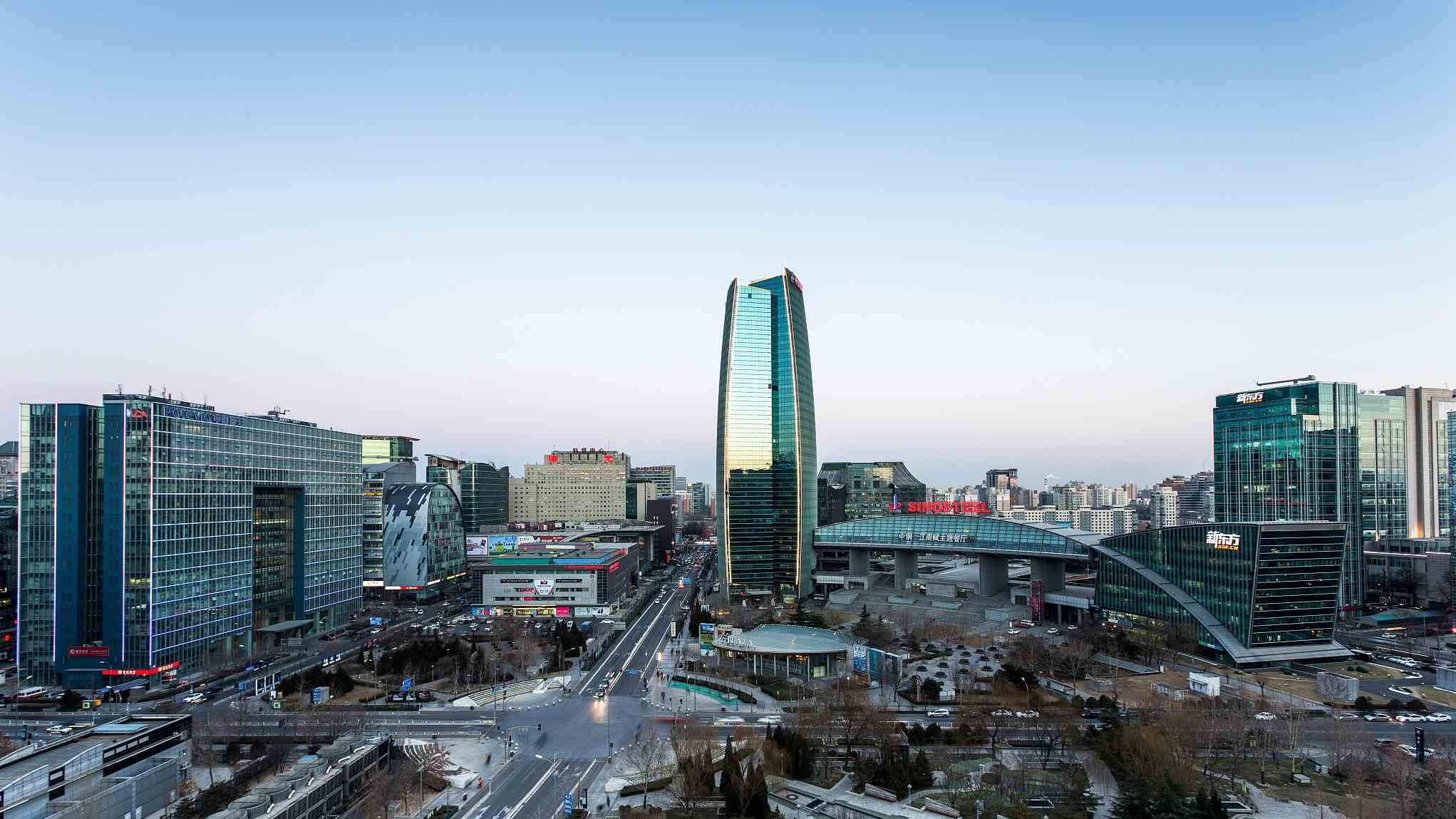
Opinions
13:08, 17-Nov-2018
What system best describes China’s economic ascent?
Updated
13:00, 20-Nov-2018
CGTN's Henry Zheng
02:18

Few countries have grown as steadily as China over the past decades. From a country that had to ration food in the 1950s to consumers spending billions online on Singles' Day in 2018, the Chinese economic miracle is unquestionable. But many wonder, is the nature of this miracle socialist or capitalist?
No treatment of this question is complete without looking at China's recent history.
While fluctuations in a nation's economic cycle are almost as inevitable as death and taxes, China has weathered storms that have shaken more developed nations since its reform and opening up in 1979.
Charles Liu, the founder of private equity firm Hao Capital, notes that “China has changed so much in the 1980s, it was really cheap labor and low-grade manufacturing… After 2007, it became a market.”
Liu adds that the country barely had a “market” in the 1990s. Now, China is one of the largest consumer markets in the world with a ballooning middle class, a testament to its rapid yet stable economic growth.
But how was the Chinese economy able to leapfrog those of other developing nations?
01:14

Agi Veres, the country director of United Nations Development Programme China, says it's “because [China] has its own market at the scale where it's economically viable.”
Scale coupled with the early adoption of technology has made China one of the largest markets on many consumer fronts. Veres adds that though China is not the first in using certain technologies, such as electric vehicles, the commercialization of new technology in other countries cannot be compared to the scale that can be reached in China.
The question of whether socialism or capitalism dominates China continues to plague observers. Regardless of the answer, there has only been one “-ism” that all can agree applies to the country: pragmatism.
“40 years with Laurence Brahm: A marathon of experiences and ideas” is a special CGTN program on China's reform and opening-up. The 10-episode series explores many sides to reform and opening-up over the years and offers a unique perspective on the seismic shifts that have rippled through China's economy, policies, and social fabric. The program is livestreamed at cgtn.com every day from November 15 to 25.

SITEMAP
Copyright © 2018 CGTN. Beijing ICP prepared NO.16065310-3
Copyright © 2018 CGTN. Beijing ICP prepared NO.16065310-3